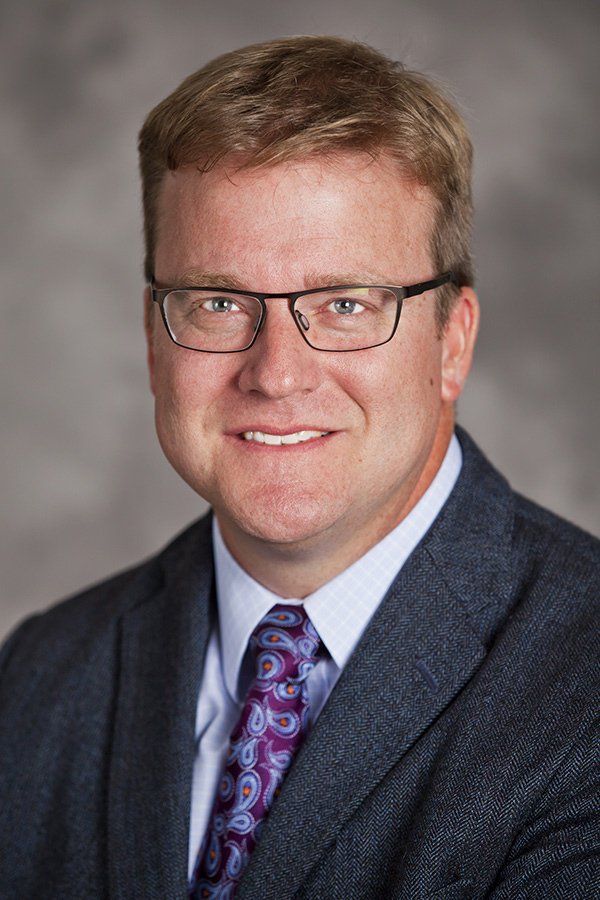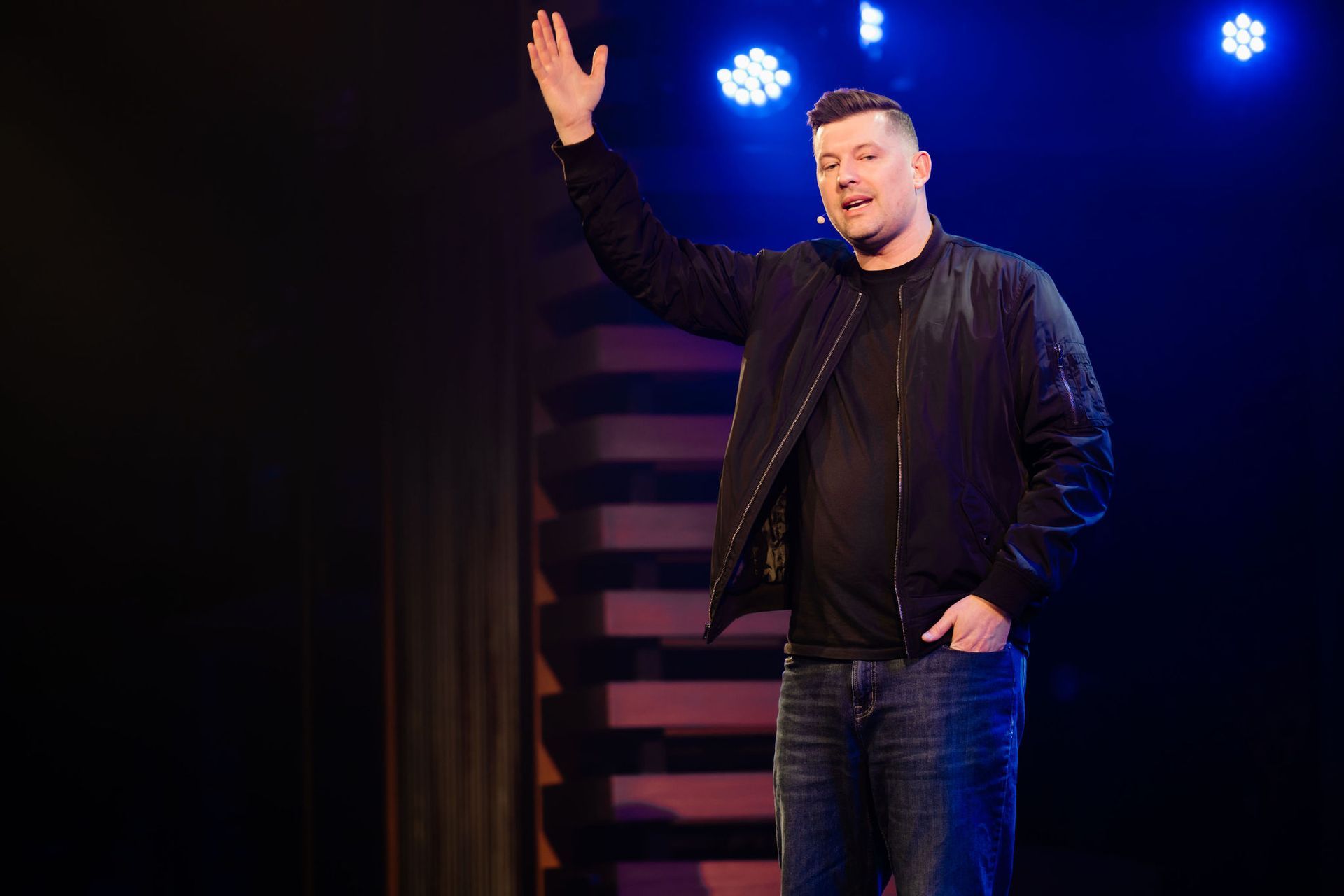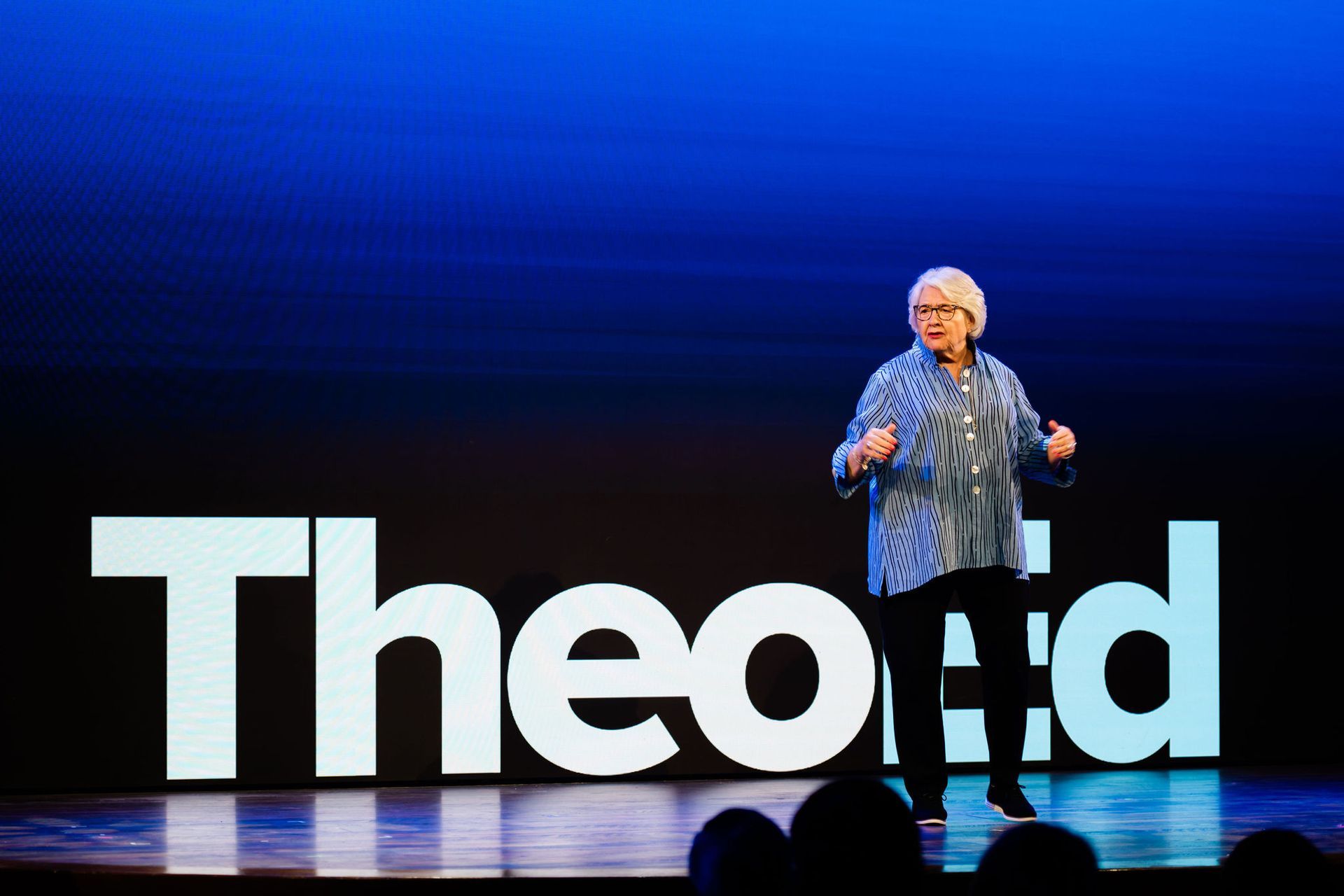The Rev. Dr. Ted Smith works at the intersections of practical and political theology. Smith’s first book, The New Measures, tells a history of preaching that gives rise to eschatological visions of modern democracy. His second book, Weird John Brown, works through memories of the raid on Harpers Ferry to show the limits of social ethics for thinking about violence. Smith has edited collections of essays on sexuality and ordination, contemporary issues in preaching, and economic inequality. He is currently editing a series of books on the meanings and purposes of theological education in a time of great change.
At Emory, Smith also teaches in the Graduate Division of Religion and is an affiliated faculty member with the Center for the Study of Law and Religion. Beyond Emory, Smith serves as a senior fellow with the University of Virginia’s project on Religion and Its Publics, the steering committee of the Political Theology Network, and a member of the editorial boards for Political Theology and Practical Matters. He recently completed two terms on the board of the Louisville Institute.






